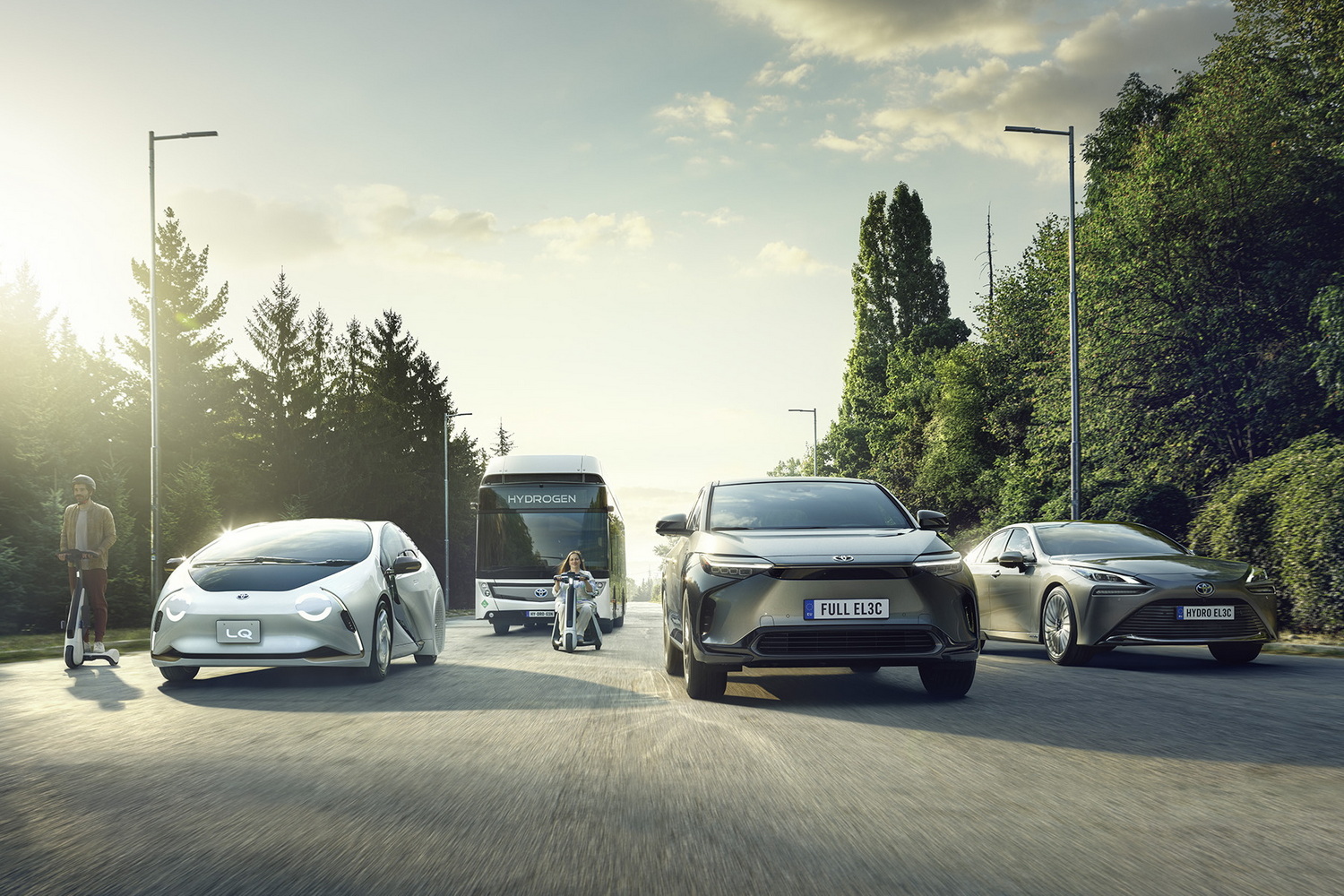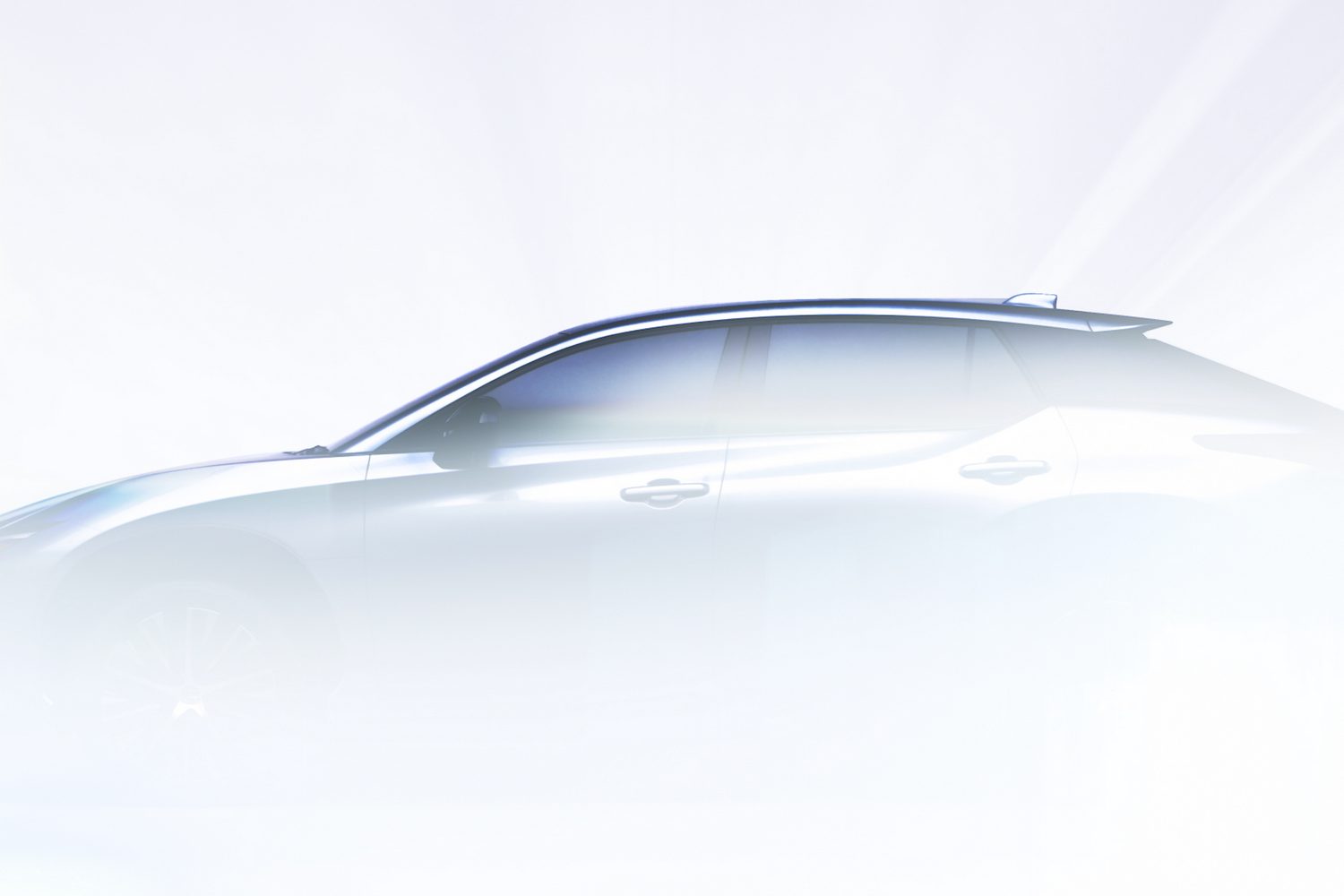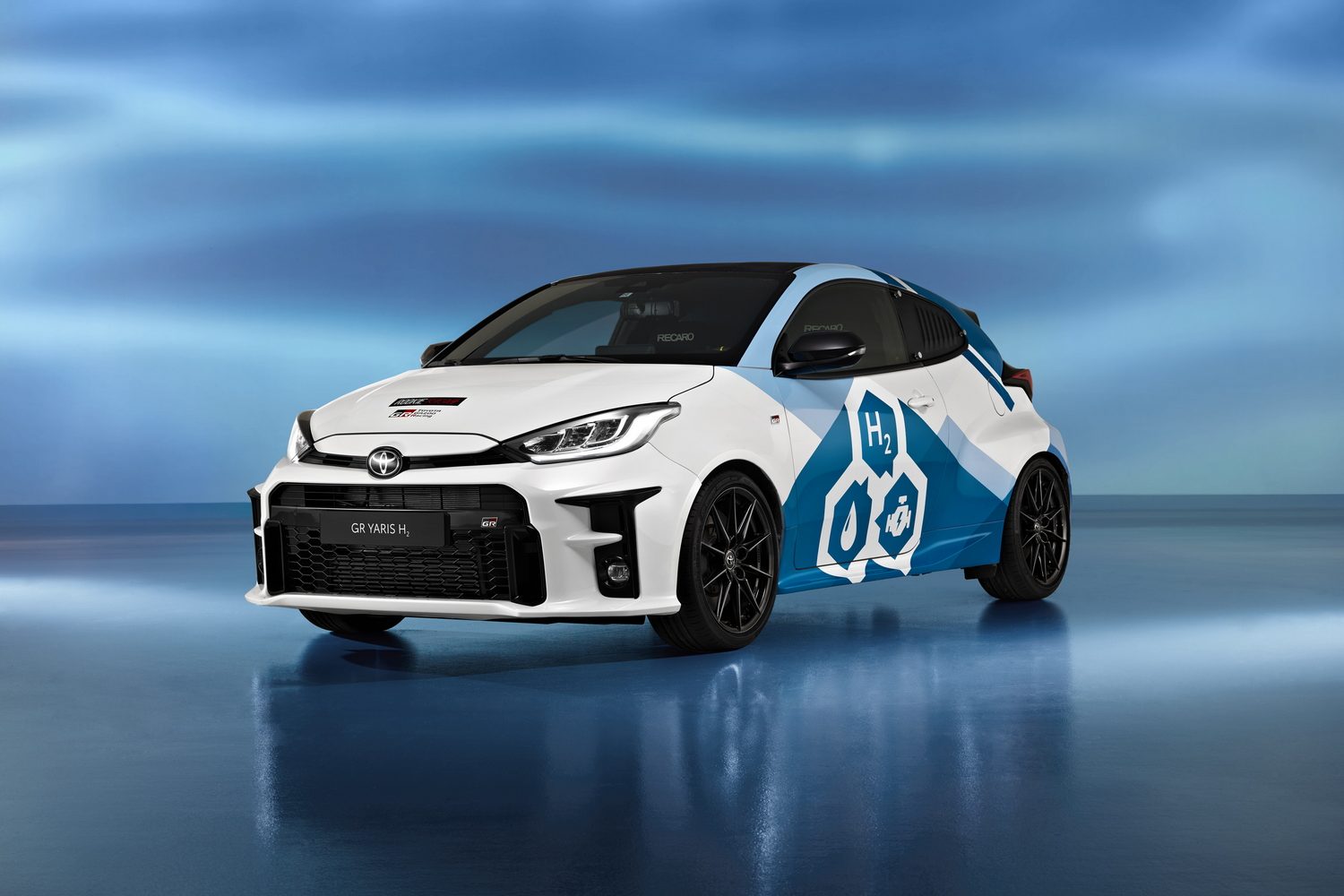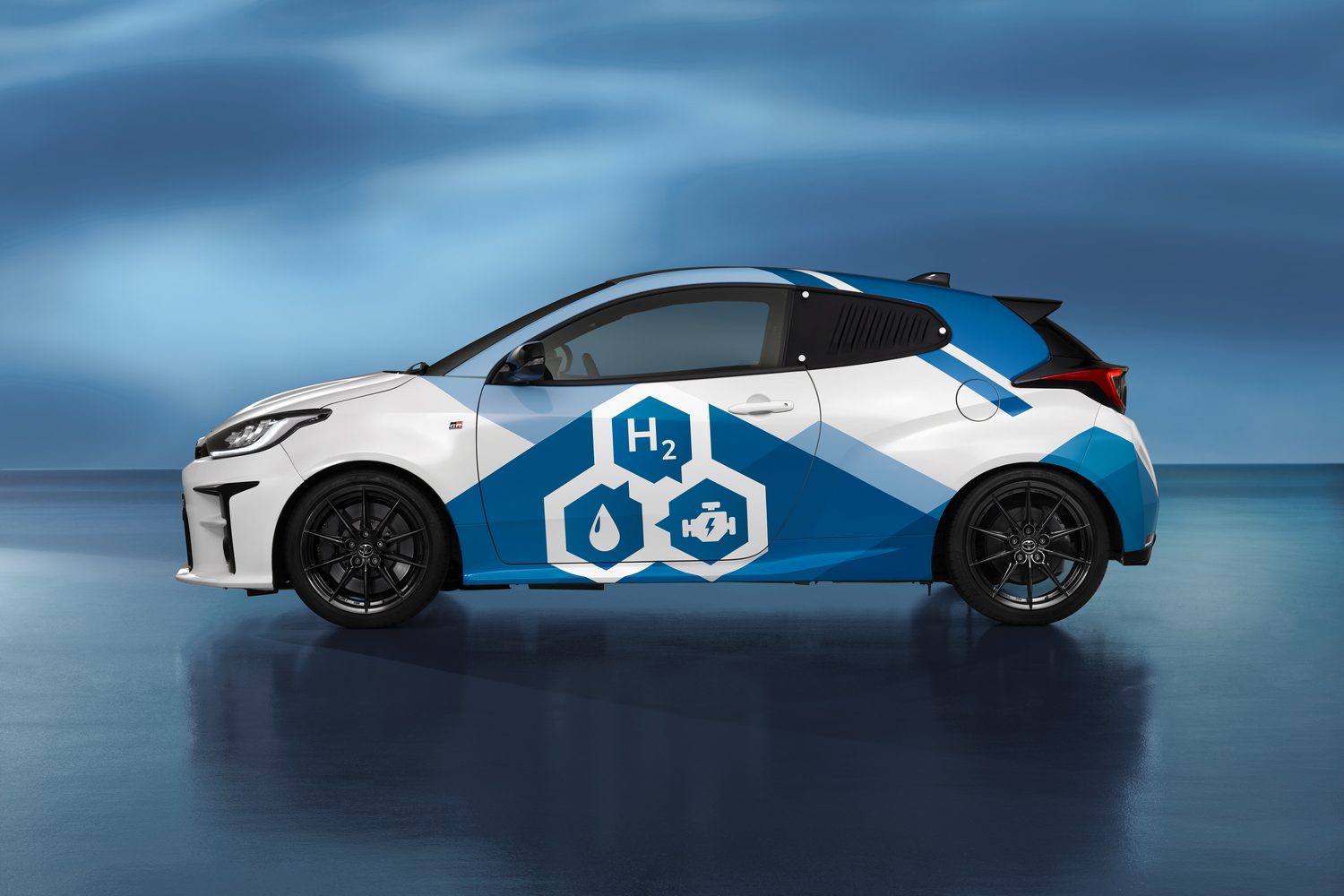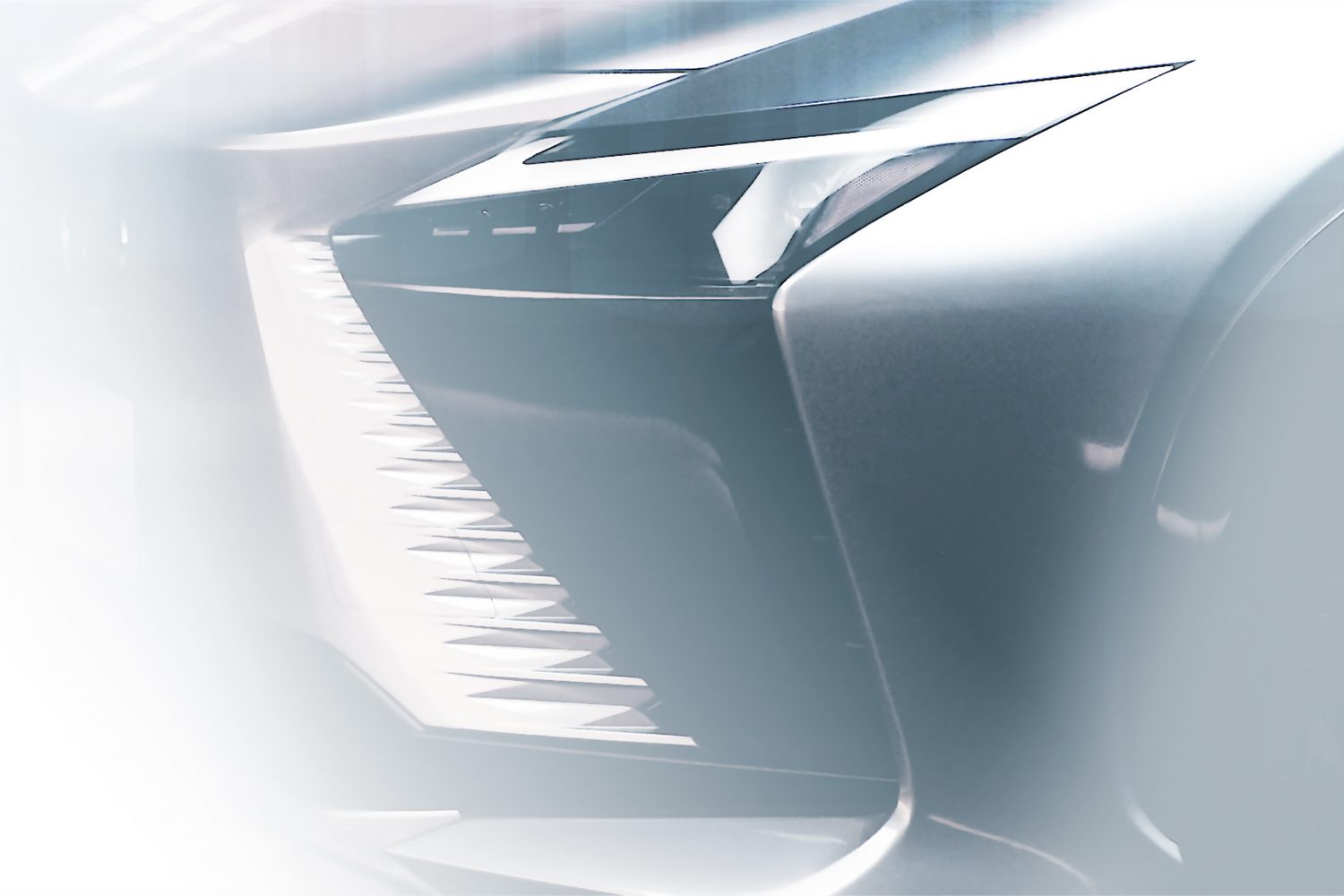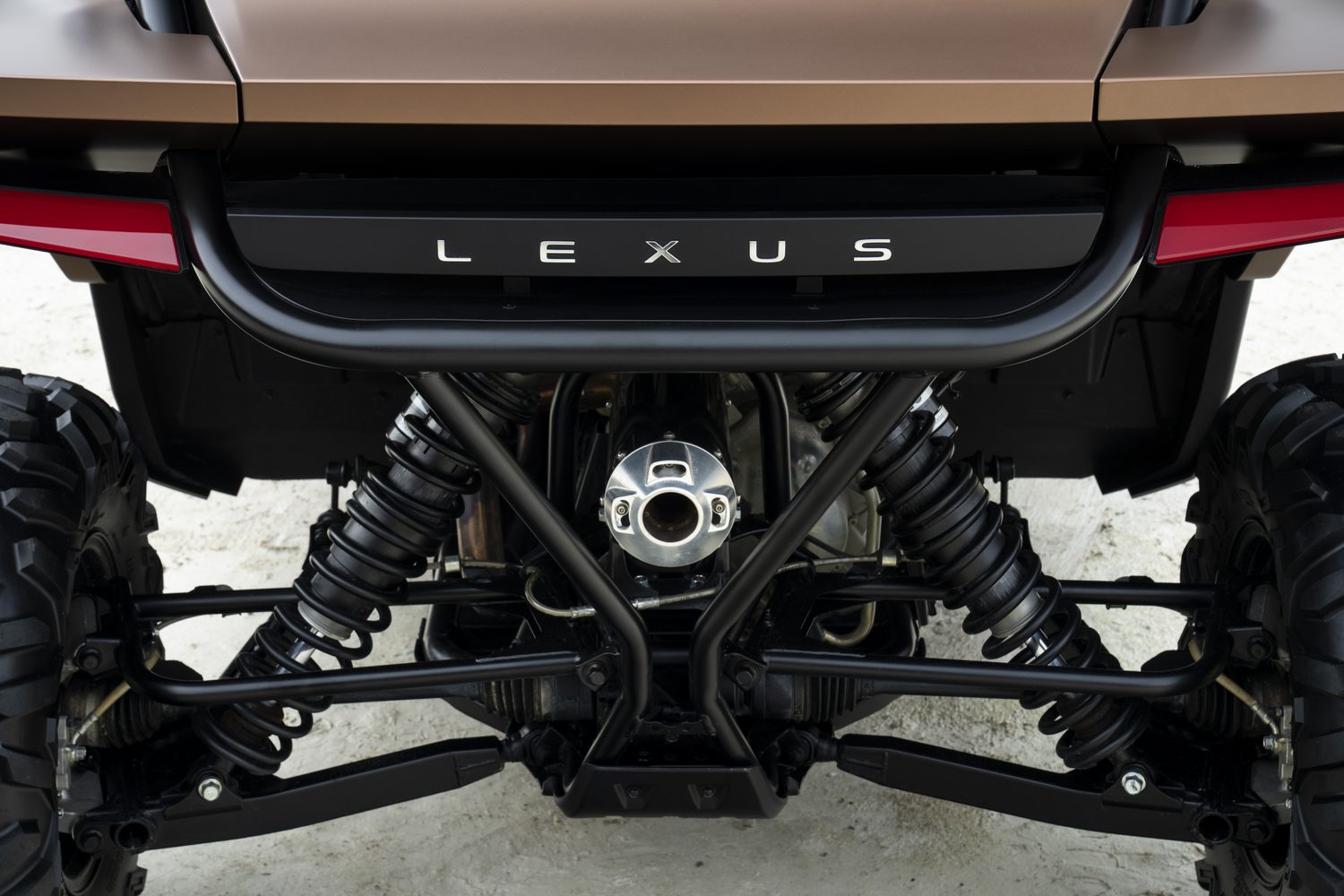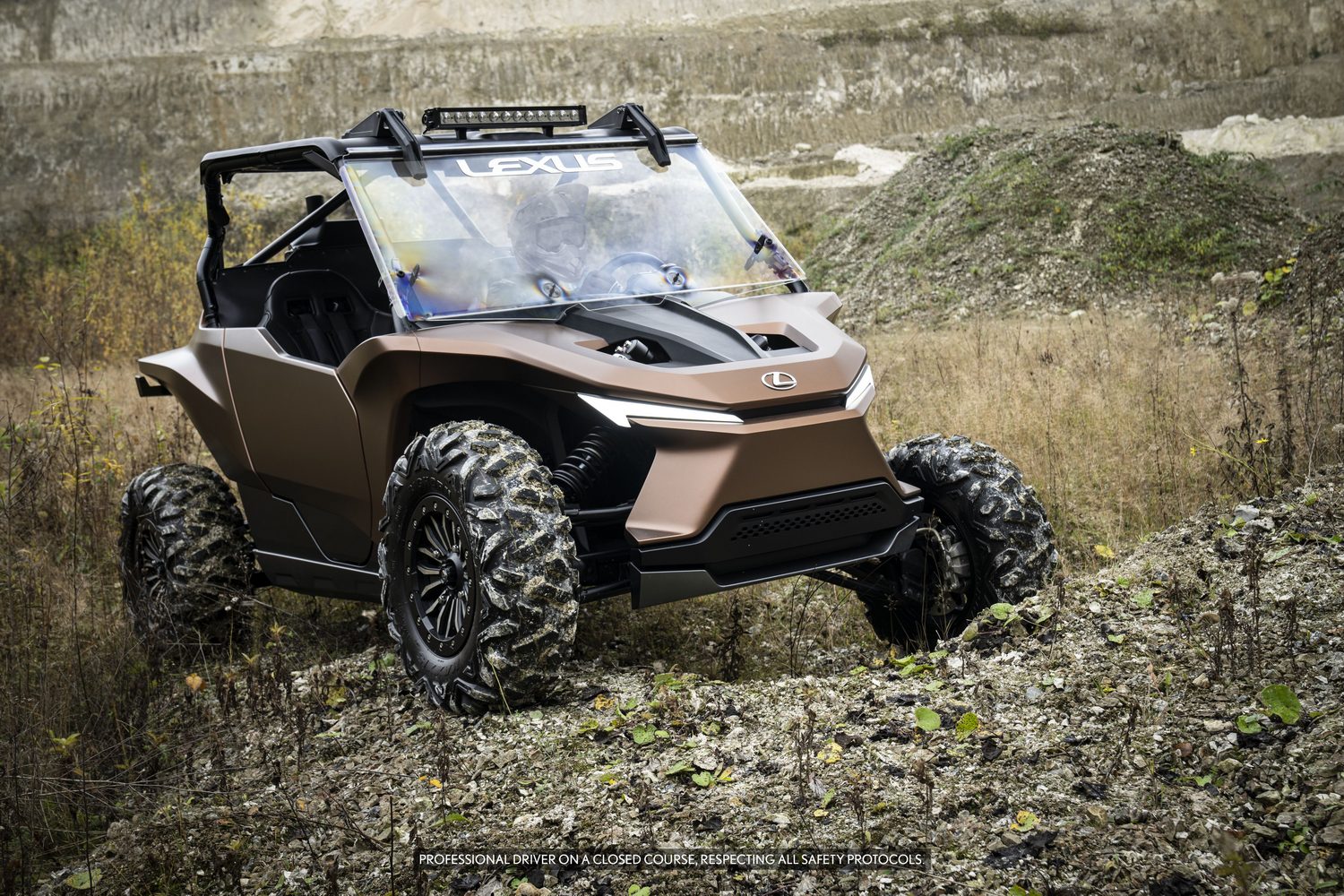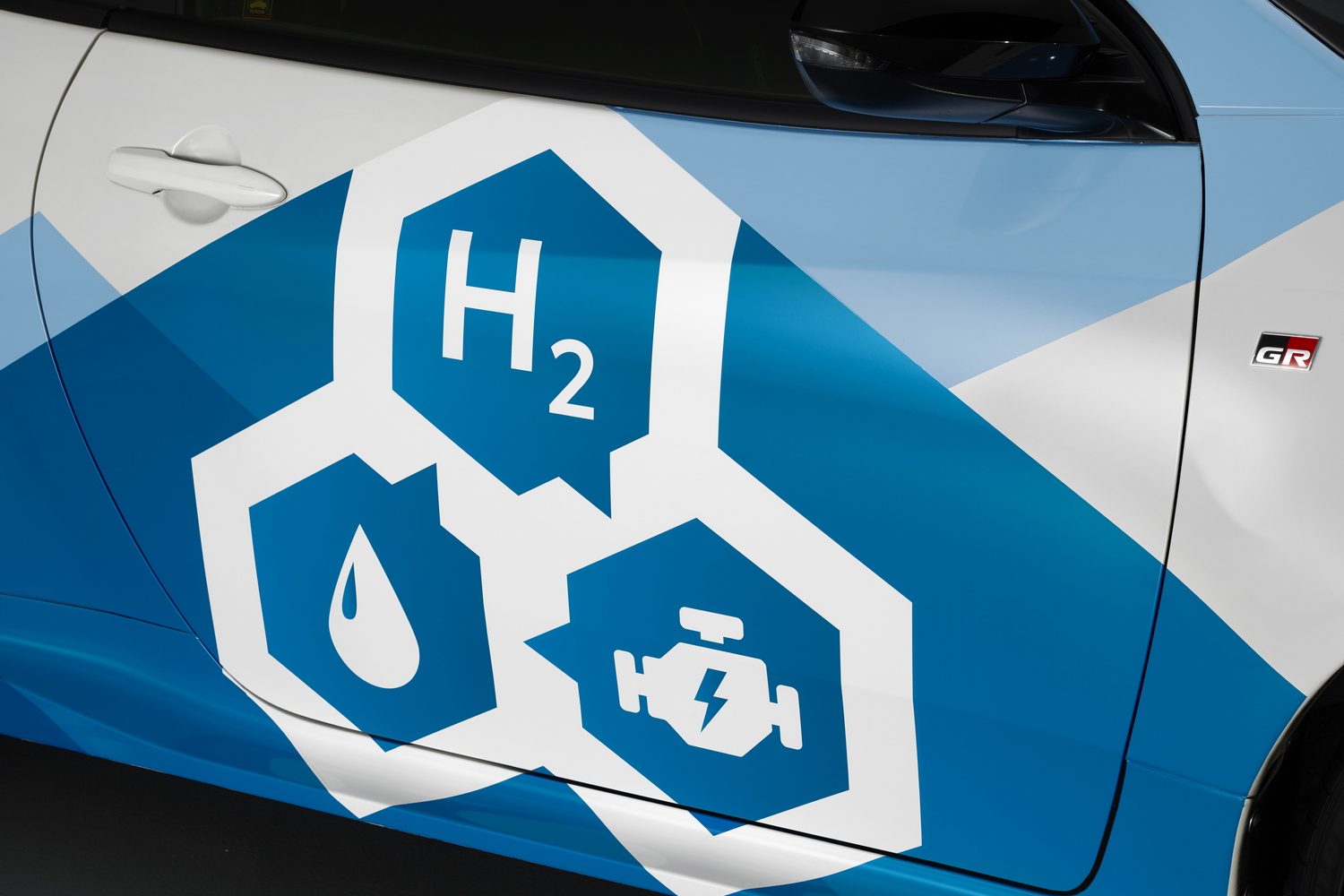While Toyota has had a busy day showing off new concepts and new production models, it's also been doing something much more important - telling us how it's going to rid its entire model range of carbon emissions.
Criticisms of hybrids
You would think that Toyota would have a head start on most in that regard, what with more than twenty years of hybrid experience behind it. The company, though, has been rocked by criticism in recent months, both of its continuing reliance on petrol-powered hybrids, and of its lobbying of the US Congress to have more stringent emissions laws relaxed.
However, at its 'Kenshiki' event, broadcast from Toyota's European HQ in Brussels (Kenshiki translates roughly as 'enlightenment') Toyota has started to lay out how it will go zero-carbon in the coming years.
The process starts with the introduction of the bZ4X electric SUV - Toyota's first fully electric car for Europe, which will go on sale in 2022. That car will be joined by a Subaru model, the Solterra, which uses the same platform, batteries, and motors and a Lexus model, the RZ, which will also platform share with the bZ4X.
With those cars as starting blocks, Toyota wants to ensure that by 2030, 50 per cent of its sales in Europe will be zero-emissions vehicles, with the "ability to further increase if customer demand is higher." By 2035, that figure is expected to grow to 100 per cent.
Hydrogen infrastructure
"Moving beyond 2030, we expect to see further ZEV demand acceleration and Toyota will be ready to achieve 100 per cent CO2 reduction in all new vehicles by 2035 in Western Europe, assuming that sufficient electric charging and hydrogen refuelling infrastructures are in place by then, together with the renewable energy capacity increases that will be required," said Matt Harrison, President & CEO of Toyota Motor Europe.
Ah yes, hydrogen. Toyota isn't just talking about electric cars, here. The brand has recently launched its second-generation Mirai hydrogen-powered saloon in the UK and Europe, and Toyota still has high hopes for the growth of hydrogen as a practical fuel for passenger cars. According to Dr Gill Pratt, Toyota's own chief scientist, hydrogen and batteries will have to work hand-in-hand if we're to achieve the sorts of reductions in transport emissions that are needed. "Whilst Toyota is committed to making millions of Battery Electric Vehicles available to customers, the way to reduce the most net carbon emissions globally is to use every item in our toolbox, including hybrid electric, plug-in hybrid electric, battery-electric and fuel cell electric vehicles, with the proportions of each optimised to make best use of the infrastructure constraints and customer circumstances of every region, and the limited supply and improving performance of batteries."
Solid-state batteries
Mind you, Toyota is still investing big in batteries - it's going to plow €11.5 billion into battery development in the coming decade, including a new bi-polar battery which, as well as using less precious minerals, is lower in cost with double the output density of a regular battery. Toyota is also said to be further advanced than many in the development of solid-state batteries (which charge faster, hold more power, and are safer than current battery designs) and expects that battery costs per vehicle will halve by the end of the decade, for the same given ranges. Solid-state batteries will be introduced first in hybrids and plug-in hybrids before the tech moves on to electric cars.
Steve Tormey, Chief Executive for Toyota Ireland commented: "Today's announcement signals another important step in Toyota's journey towards a zero emission society. The path which we have outlined today is a fantastic example of our 'Built for a Better World' brand purpose in action. We will continue to be at the forefront of tackling climate change progressively and effectively. Our self-charging hybrid electric vehicles and plug-in hybrid electric vehicles are consistently improving with each new generation and we are looking forward to providing even more electrified offerings for our customers, such as the highly anticipated bZ4X battery electric vehicle. With our relentless commitment to ensuring a better planet for all along with our commitment today to a 100 per cent reduction in CO2 by 2035, we look forward to making a profound difference in the automotive world in the coming 15 years."

